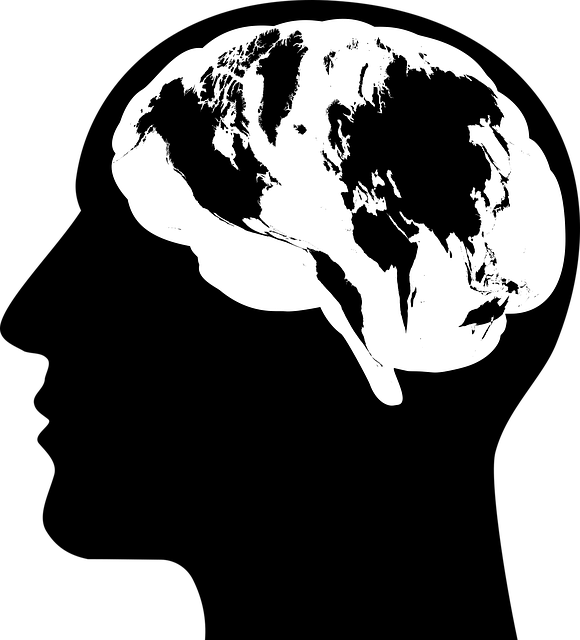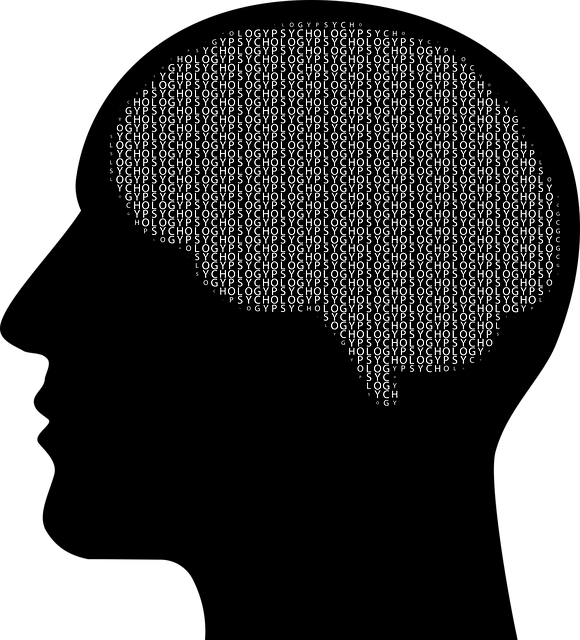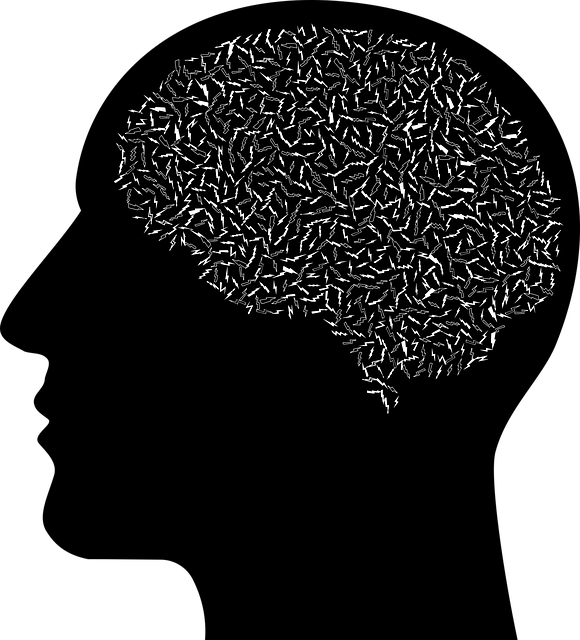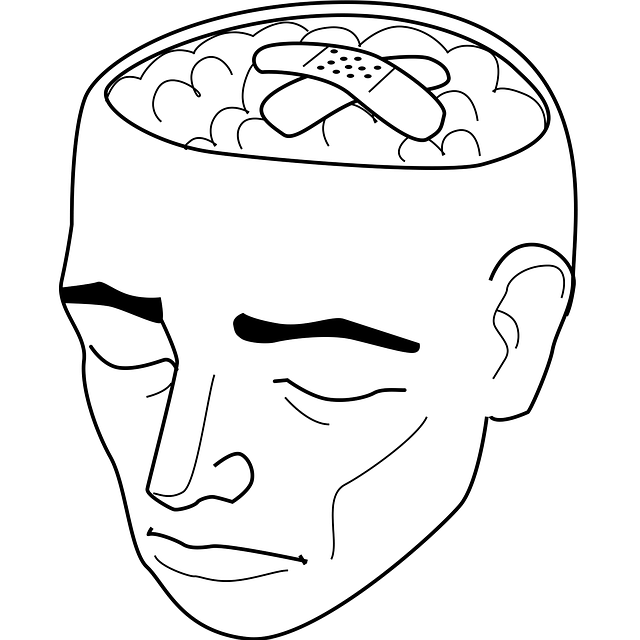In mental healthcare, acknowledging cultural diversity is crucial for providing Superior Neuro Disorders Therapy. Going beyond basic ethnic considerations, this involves understanding diverse cultural views, values, and belief systems related to mental health. A holistic approach ensures personalized treatment, fostering trust and enhancing therapeutic outcomes. By integrating culturally relevant techniques, like mind-over-matter practices, practitioners can create accessible and effective wellness coaching programs for all individuals, regardless of background. Cultural sensitivity is vital in today's diverse society, with training equipping healthcare providers to navigate complexities, promote equitable access, and prevent professional burnout.
In the diverse landscape of mental healthcare, cultural sensitivity is a cornerstone for effective treatment. This article delves into the critical need for culturally competent care, especially within the context of Superior Neuro Disorders Therapy. We explore how cultural diversity shapes mental health experiences and expressions, highlighting common challenges faced by diverse communities in accessing support. By integrating cultural competence through tailored therapeutic approaches, enhanced training, and inclusive practices, we can promote equitable care, ensuring that all individuals receive respectful, effective treatment.
- Understanding Cultural Diversity in Mental Healthcare
- – Exploring the need for cultural sensitivity
- – The impact of cultural background on mental health experiences and expressions
Understanding Cultural Diversity in Mental Healthcare

In the realm of mental healthcare, recognizing and embracing cultural diversity is paramount to delivering superior neuro disorders therapy. The concept extends beyond simply treating individuals from various ethnic or cultural backgrounds; it involves understanding their unique perspectives, values, and belief systems related to mental health and illness. This holistic approach ensures that every patient receives care tailored to their specific needs, fostering trust and improving treatment outcomes.
Cultural sensitivity encourages practitioners to explore the interplay between a client’s cultural identity and their emotional regulation challenges. For instance, integrating mind over matter principles from diverse cultural traditions can enhance therapeutic techniques. Additionally, developing mental wellness coaching programs that are sensitive to cultural nuances can make these interventions more accessible and effective. By embracing this diversity, healthcare providers can create inclusive environments that support the well-being of all individuals, regardless of their background.
– Exploring the need for cultural sensitivity

In today’s diverse society, cultural sensitivity is no longer a choice but an imperative in mental healthcare practice. Understanding and respecting the unique cultural backgrounds, beliefs, and values of individuals seeking therapy is essential for delivering effective Superior Neuro Disorders Therapy. Mental Health Awareness emphasizes that one-size-fits-all approaches often fail to address the complex interplay between mental health issues and cultural identities.
Healthcare Provider Cultural Competency Training plays a pivotal role in equipping practitioners with the skills to navigate these complexities. By cultivating compassion and empathy, mental health professionals can create safe, inclusive spaces where clients feel heard and understood. This, in turn, fosters trust, enhances therapy outcomes, and promotes equitable access to quality care for all communities, regardless of their cultural backgrounds.
– The impact of cultural background on mental health experiences and expressions

Understanding the impact of cultural background on mental health experiences and expressions is paramount in Superior Neuro Disorders Therapy. Every individual carries a unique cultural lens that shapes their perception, communication, and interaction with mental healthcare services. This lens influences not just how they express distress or seek help but also their expectations from therapy and responses to treatment. For instance, some cultures may emphasize spiritual or communal solutions, while others prioritize individualistic approaches to healing.
Cultural sensitivity in mental healthcare practice involves recognizing these nuances, validating experiences, and tailoring care accordingly. It’s crucial for preventing burnout among mental health professionals by fostering genuine connections with diverse clients. Moreover, cultivating cultural awareness contributes to the development of effective public awareness campaigns that transcend barriers, ensuring everyone has access to culturally responsive mental health support.
Cultural sensitivity is an indispensable aspect of effective mental healthcare, especially in addressing superior neuro disorders. By recognizing and respecting diverse cultural backgrounds, therapists can create inclusive environments that foster trust and enhance therapeutic outcomes. Understanding how cultural factors shape mental health experiences enables practitioners to adapt their approaches, ensuring culturally competent care that respects individual expressions and promotes holistic healing. This sensitive navigation through cultural differences has the potential to revolutionize mental healthcare, making it accessible and beneficial for all.










